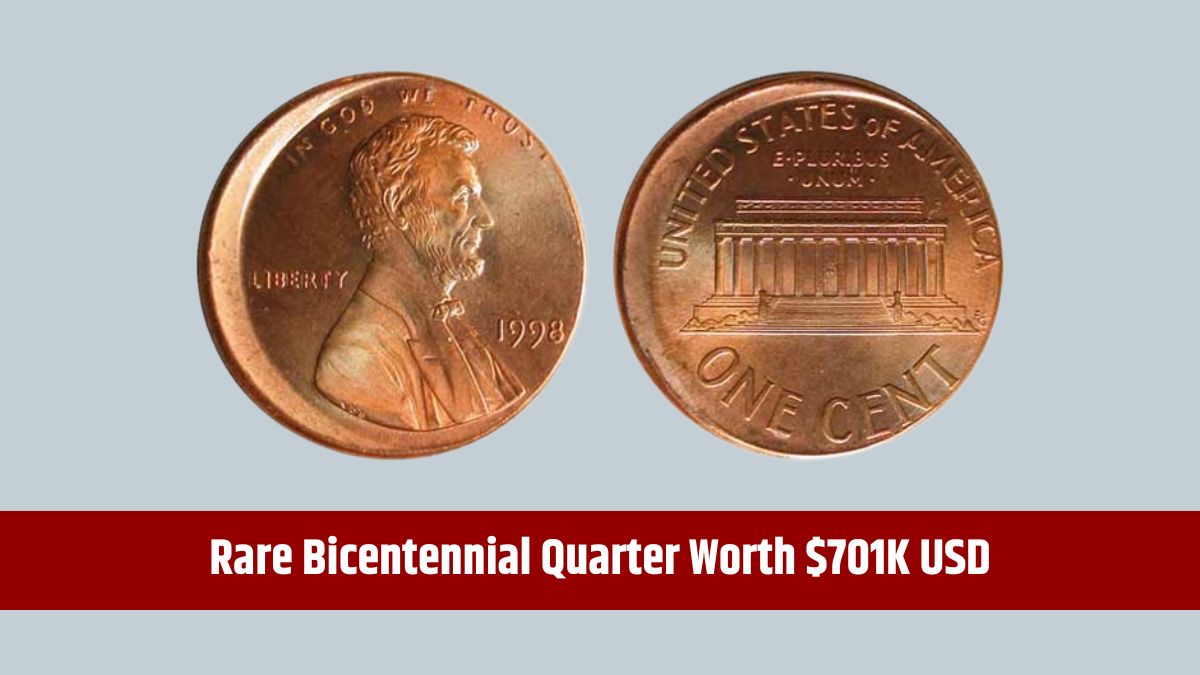If you’re a recipient of Supplemental Security Income (SSI), you may notice a double payment before the end of 2024. This isn’t an error or a sudden windfall; rather, it’s due to the way the Social Security Administration (SSA) handles payments when regular paydays fall on a weekend or a federal holiday.
When this happens, the SSA moves the payment date to the last business day before the holiday or weekend. So, for the remainder of 2024, SSI beneficiaries will see a double payment in November, and a similar situation will occur at the end of December.
Let’s break down why these double payments happen and how to plan for them.
Double Payments
The double payments are part of a standard SSA procedure to ensure beneficiaries receive their funds on time. This adjustment primarily affects SSI recipients—a program designed to assist low-income individuals, including those with disabilities, the elderly, or people with limited resources.
Because SSI payments are scheduled on the first of each month, complications arise when the first falls on a weekend or holiday. In such cases, the SSA issues the payment earlier to avoid delays. While this might look like a double payment, it’s actually an advance for the next month’s check.
Example
For example, in May and August 2024, SSI beneficiaries received two payments in the same month because the following month’s payment fell on a non-working day. A similar situation will occur again in November and December, ensuring that recipients have their funds without any disruption.
Payment Dates
To wrap up the year, SSI recipients should be aware of two key dates:
- November 1, 2024: Regular SSI payment for the month of November.
- November 29, 2024: An advance payment for December, as December 1 falls on a Sunday.
Additionally, the last payment of the year will be made on:
- December 31, 2024: This is an advance payment for January 1, 2025, which is a federal holiday.
While this may seem confusing, keep in mind that the total amount for the year doesn’t change. You’re simply receiving one month’s payment slightly earlier.
Planning
Receiving two payments in the same month can complicate budgeting if you’re not prepared. Here’s what to consider:
- Don’t Treat It as Extra Income: Remember, the second check is not a bonus. It’s the same amount you’d normally receive; you’re just getting it ahead of time.
- Plan for the Next Payment Gap: After the November 29 payment, your next SSI check won’t arrive until December 31, which means you’ll need to stretch that money over a longer period.
- Mark Your Calendar: Keeping track of these dates can help avoid confusion and ensure you have enough funds until the next deposit.
Who is Eligible
Supplemental Security Income is different from Social Security Disability Insurance (SSDI). To qualify for SSI, you don’t need a work history or previous Social Security tax contributions. It’s primarily intended for:
- Adults and children with disabilities.
- People over the age of 65 with limited income and resources.
- Individuals meeting strict financial criteria set by the SSA.
The maximum federal monthly SSI payment in 2024 is:
- $943 for an individual.
- $1,415 for a couple.
- $472 for an essential person (someone who lives with and provides support to an SSI recipient).
Additional Payments
Some states provide additional payments to SSI recipients, which can raise the total benefit amount. For instance:
- Florida and New York: Offer state supplements that increase the monthly payment.
- Arkansas, Mississippi, and North Dakota: Do not provide state supplements, so beneficiaries only receive the federal base amount.
Check with your state’s Social Security office to see if you qualify for any additional benefits.
Managing
If you or someone you know receives SSI, it’s crucial to be aware of these double payments. You will receive one check on November 1 and another on November 29, which is an early payment for December. Planning how to use these funds is essential, as your next deposit won’t arrive until the end of December.
To avoid running short, consider these tips:
- Create a Budget: Allocate funds to cover essential expenses like rent, groceries, and utilities.
- Set Aside Part of the Early Payment: Treat the November 29 payment as you would a regular December payment. Avoid spending it all at once.
- Plan for Gaps: Since you won’t receive another check until December 31, make sure your budget accounts for a longer period without income.
Final Thoughts
Knowing why these double payments happen can save you a lot of confusion and stress. While it may look like a windfall, it’s simply a scheduling adjustment. SSI recipients should mark their calendars for November 1, November 29, and December 31 to stay on top of their finances as 2024 comes to a close.
FAQs
Why does Social Security send double payments?
Double payments occur when regular payment dates fall on a weekend or holiday, prompting the SSA to send the funds earlier.
When will SSI recipients receive double payments in 2024?
SSI recipients will receive payments on November 1 and November 29, and again on December 31.
Does a double payment mean I’m getting extra money?
No, the payment is not doubled. It’s simply sent earlier due to scheduling adjustments.
What is the maximum monthly SSI benefit?
The maximum federal SSI benefit is $943 for an individual and $1,415 for a couple.
How can I prepare for the payment gap after November’s double payment?
Budget carefully, set aside part of the early payment, and ensure you have funds to last until the next check on December 31.






